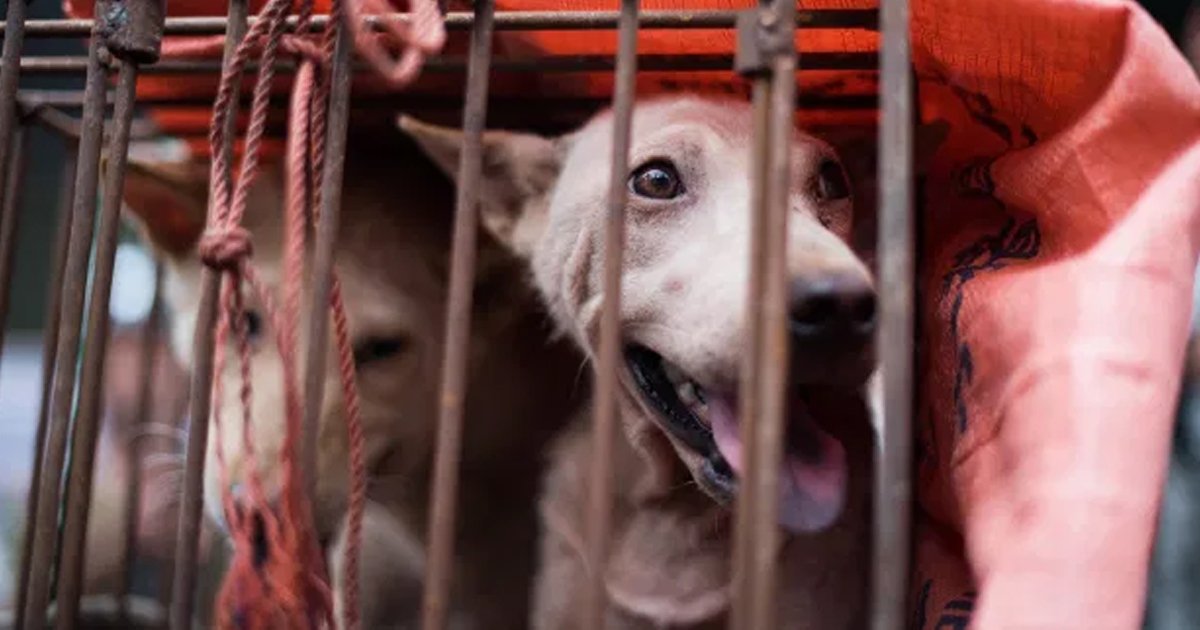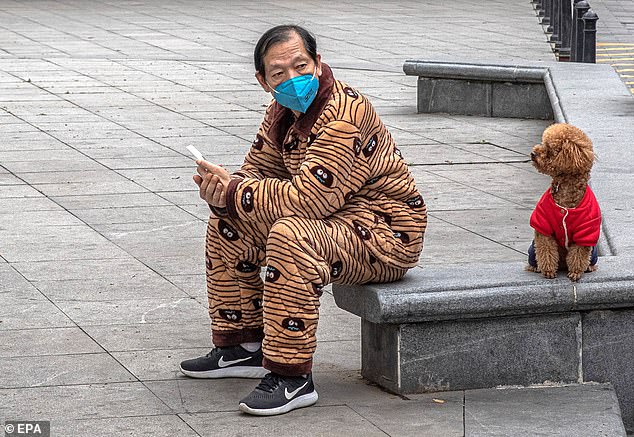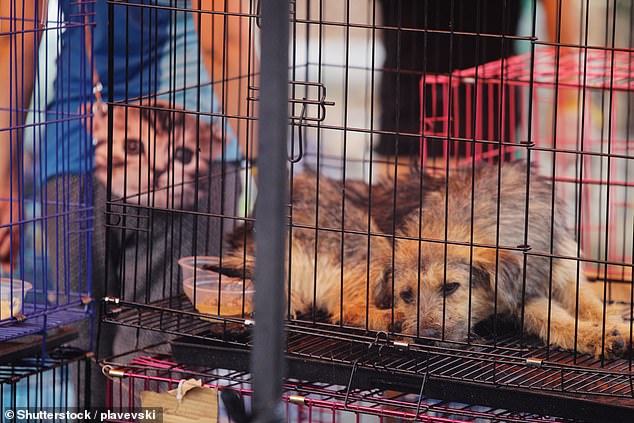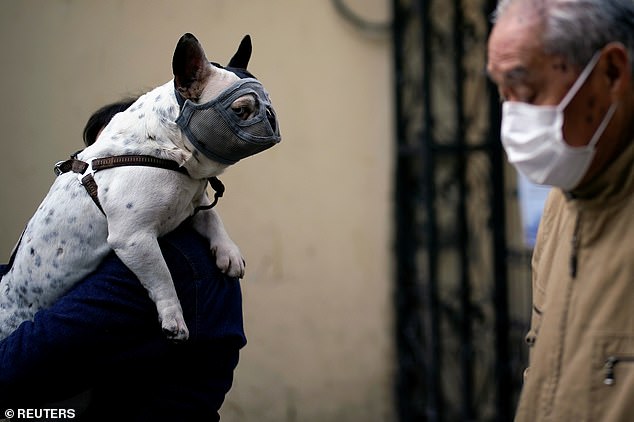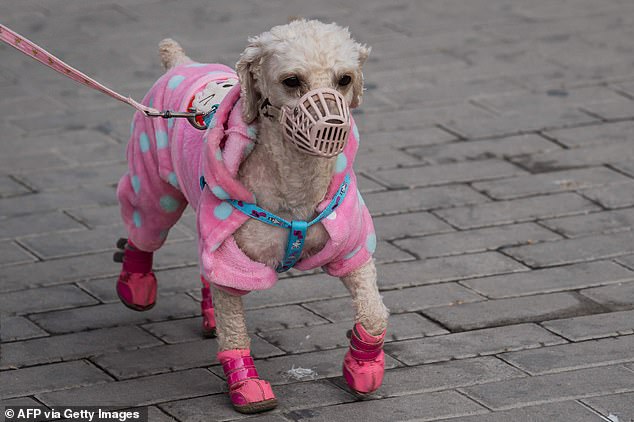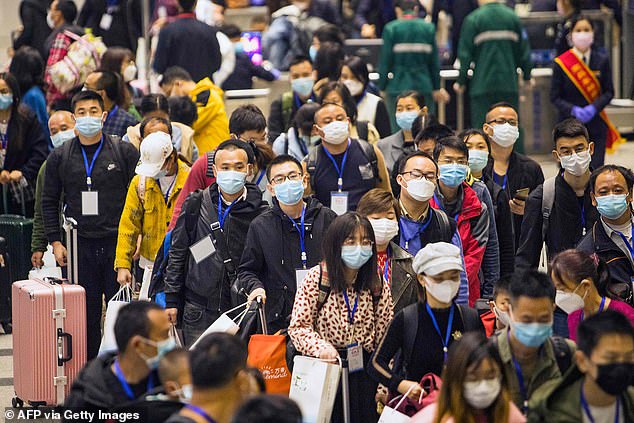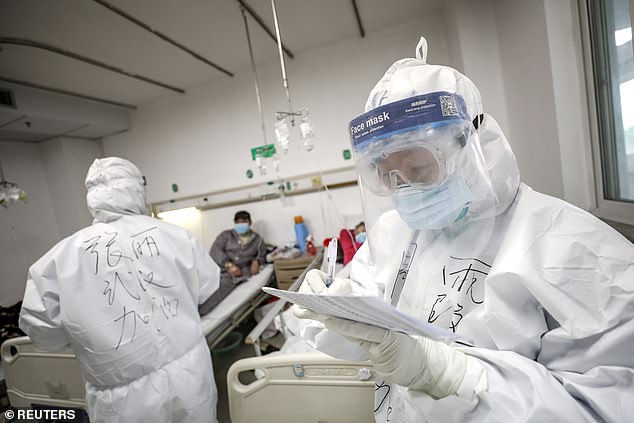A Chinese city has outlawed eating cats and dogs in a landmark new legislation that campaigners hope would pave the way toward a once and for all end to barbaric trade.
Shenzhen, a city of around 13 million residents, will end the pet meat trade in the aftermath of a coronavirus pandemic related to so-called wet meat markets.
Wet markets are areas where live animals are traded and butched for feed, with sites being known to allow viruses to traverse between species in filthy conditions before they transfer to humans.
Legislators in Shenzhen passed China’s first ruling to prohibit cats and dogs from selling meat-which will come into force on May 1.
This also forbids the eating of other species such as rodents, mice, and turtles.
Animal welfare activists have long been seeking a ban on cat and dog meat by the state.
Activists have now hailed the “historical decision” potentially opening the way for a national moratorium.
The annual Yulin Dog Meat Festival is among China’s most notorious food festivals and involves thousands of dogs brutally slaughtered, skinned, and roasted with blow-torches until they are consumed by the residents.
Dr Peter Li of the Humane Society International (HSI) said: “With Shenzhen making the landmark decision to become China’s first mainland city to ban dog and cat meat consumption, this may really be a milestone moment in attempts to stop this barbaric trade that kills an estimated 10 million dogs and 4 million cats per year in China.
”
He further added that, “Shenzhen is the fifth largest city in China, and while the dog meat trade there is comparatively small compared to the rest of the country, its real sense is that it might cause a domino effect with other cities following suit.”
The regulations have been defined by officials as the ‘basic necessity of civilization for a modern society.’
They said prior to adding the extra animal species, which are not wildlife, they had considered the realistic situation of the area. The aim is to ‘satisfy people’s everyday needs more.’
Nine types of livestock are ideal for people to eat according to the paper. It’s pigs, goats, horses, donkeys, rabbits, chickens, ducks, pigeons and geese.
Residents are also permitted to dine on lawfully protected marine species.
One representative said the agency needed to make it easy for people to learn what they should buy.
Beijing has yet to amend its wild animal protection legislation, but the passage of the policy was ‘important’ and ‘urgent’ in helping the country win the fight against the outbreak.
In January, researchers at the Chinese Center for Disease Control and Prevention said experiments found that humans contracted the virus from animals on the Huanan Seafood Wholesales Market.


